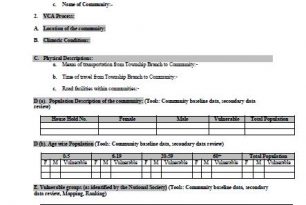
Gender-sensitive vulnerable and capacity assessment checklist No ratings yet. Rate This! Please rate this content
![]()
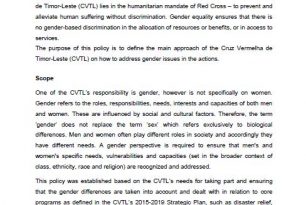
This policy defines the main approach of the Cruz Vermelha de Timor-Leste (CVTL) on how to address gender issues in the actions. The policy was established based on the CVTL’s needs for taking part and ensuring that the gender differences are taken into account and dealt with in relation to core programs as defined in the CVTL’s 2015-2019 Strategic Plan, such as disaster relief, disaster preparedness, health and promotion of humanitarian values.
![]()
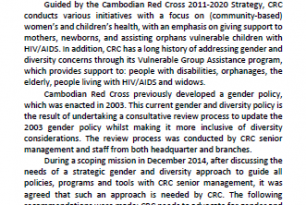
This policy (in Khmer and English) establishes the basis for the Cambodian Red Cross to ensure that the gender and diversity differences are taken into account and systematically addressed in relation to core areas as defined in CRC Strategy 2011 – 2020, such as disaster management, health and health care in the community, promotion of the movement’s fundamental principles and humanitarian values, and organizational development and resource development.
![]()
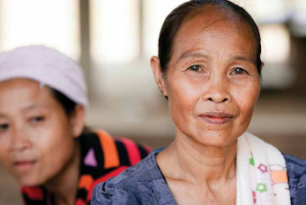
The purpose of this tool is to provide a standard method of conducting an organisational assessment on gender and diversity, focusing on five key thematic areas: political will and leadership, organizational culture, resources and capacities, programme delivery and implementation, and accountability. The assessment can be completed as a standalone process, or as complementary to the Organisational Capacity Assessment and Certification (OCAC) or Branch Organisational Capacity Assessment (BOCA). The findings of the assessment can form the basis of recommendations on how to strengthen gender and diversity in all areas of the organisation.
![]()
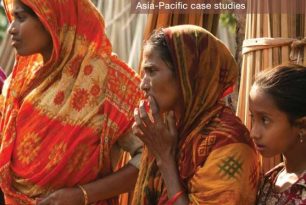
This report follows on from the global study Unseen Unheard: gender based violence in disasters which saw research being conducted in 9 countries globally, and included Bangladesh, Myanmar and Samoa from the Asia Pacific region. The Asia Pacific case studies provide an overview of gender-based violence (GBV) within each country context, as well as presenting findings and key recommendations with regards to 1) Awareness and understanding on GBV occurrence during disasters; 2) Availability and access to services; 3) Safety and security and; 4) Livelihoods and migration.
![]()
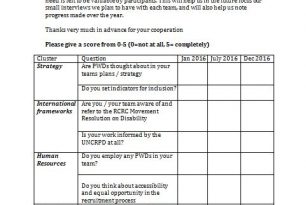
This tool is designed by the ICRC to give a quick indication of how their teams engage with disability inclusion. It is not meant in any way to be judgmental or focus on what is not achieved, rather it is meant to highlight a few key issues around inclusion and also help us find ways forward to promote inclusion if the need is felt to be valuable by participants. The tool helps them to focus their interviews with each team, and also help them note progress made over the year.
![]()